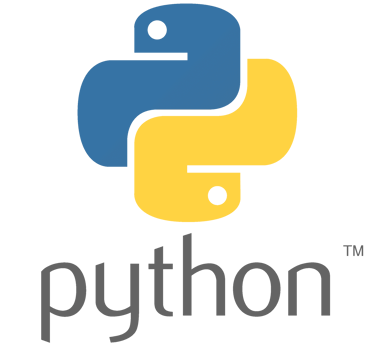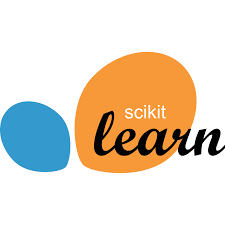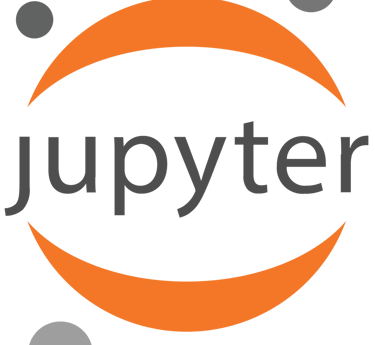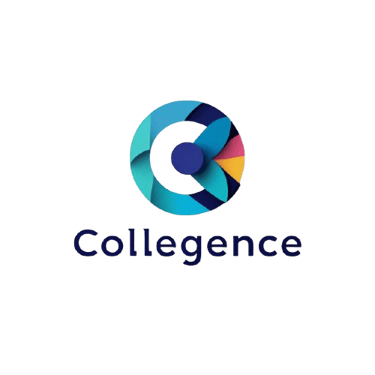
Smart Choices
Guiding students with data-driven insights for the perfect course selection and a successful career path.
Empowering Your Course Choices with Data-Driven Insights
At Collegence, we utilize advanced algorithms and data-driven insights to guide students in selecting the right course tailored to their academic strengths, career aspirations, and personal goals. By analyzing key metrics such as industry relevance, potential career outcomes, and alignment with individual preferences, we deliver objective recommendations that empower students to make informed decisions confidently, free from bias or uncertainty.
Our Mission Statement
Guiding Your Course Choices
We offer smart, data-driven guidance to help students select the right course for their future success, integrating insights from personality tests, skills assessments, industry trends, and the unique interests of each student. Our personalized reports provide a holistic analysis that empowers students to make informed choices about their academic and career paths, aligning with their aspirations, strengths, and the demands of a dynamic job market for a fulfilling and successful future.
Why Data-Driven Decisions Matter?
Advantages of Data-Driven Decisions over Biased Recommendations by Friends, Relatives and Counsellors
Data-driven Approach
✅ Personalized Course Fit 🎯 – Tailored recommendations based on skills and aspirations.
✅ In-Depth Career Alignment 💼 – Matches courses with industry trends and future career prospects.
✅ Clear Success Indicators 📊 – Predicts potential success with data-backed insights.
✅ Comprehensive Data Sources 🧠 – Relies on credible sources like industry reports and assessments.
✅ Financial Feasibility 💰 – Assesses cost-to-value ratio and long-term financial impact.
✅ Continuous Learning Insights 📚 – Updates based on evolving career demands and trends.
✅ Objective Decision-Making ✅ – Removes guesswork for clearer, more confident choices.
✅ Efficient Selection Process ⏱️ – Saves time with focused recommendations and tools.
Non-Data driven Approach
❌ Lack of Personalization 📝 – Generic course suggestions without considering individual strengths.
❌ No Career Path Alignment 🛣️ – Fails to match courses with future job markets.
❌ Unclear Outcomes 🤷♂️ – No clarity on course success or career relevance.
❌ Narrow or Outdated Data 🕰️ – Relies on limited, potentially outdated sources.
❌ Ignoring ROI 💸 – Doesn’t account for financial feasibility or future earnings.
❌ Stagnant Insights 🚫 – Doesn’t adapt to changing trends or student needs.
❌ Subjective Decision-Making 🤔 – Based on gut feelings or biased opinions.
❌ Lengthy Search Process ⏳ – Time-consuming research with no guaranteed outcome.
Walter Shields from Massachusetts Institute of Technology has explained in his article published in 2023 how data analytics is transforming industries like healthcare, manufacturing, and education. Institutions use it for informed decisions, while students leverage it to gain insights into academics and career prospects.
By gathering data from their personality tests, skills assessments, industry trends, and the unique interests, students can receive personalized, unbiased, and actionable insights tailored to their course selection. This data-driven approach eliminates guesswork, empowering students to make informed decisions about their educational and career paths with confidence. So, Don’t gamble with your Future—choose smart, choose Collegence!
Key Metrics for Personalized Course Selection Report
Choosing the right course to study is one of the most important decisions a student can make


To help guide this process, we have developed five key metrics that offer a comprehensive, data-driven approach to course selection. These metrics are designed to provide a clear and objective understanding of how well a course aligns with a student's personality, skills, interests, industry opportunities, and financial goals.
By assessing factors such as personality alignment, core competencies, interest compatibility, industry fit, and financial return, we ensure that students are equipped with the insights they need to make informed and confident decisions. These data-backed metrics empower students to select courses that not only match their aspirations but also set the foundation for future success.
1. Personality Alignment Index (PAI)
What it Measures:
The alignment of the student’s personality traits, preferences, and cognitive styles with the course's structure and potential career outcomes. This metric helps ensure the student’s natural strengths and inclinations are in harmony with their chosen academic path. How well a course aligns with the student’s personality traits, preferences, and decision-making style (based on MBTI or similar personality frameworks).
Key Areas Assessed:
Personality Traits: Compatibility based on frameworks like MBTI, assessing whether the course and its future career paths align with the student’s natural tendencies.
Cognitive Preferences: Whether the course aligns with the student’s preferred learning style (e.g., theoretical vs. practical, individual vs. collaborative).
Decision-Making Style: How well the course fits the student’s approach to problem-solving, creativity, and logic.
Career Alignment: Ensures future roles associated with the course are suited to the student’s personality type, increasing long-term satisfaction.
2.Core Competency Score (CCS)
What it Measures:
The student’s existing skillset and academic preparedness in relation to the demands of the course. This metric ensures the student has a strong foundation to excel in the course. In brief, the student’s existing skills and strengths in relation to the requirements of a specific course.
Key Areas Assessed:
Soft Skills: Abilities like communication, teamwork, and critical thinking that are essential for success in both academics and future careers.
Knowledge Gaps: Identifies areas where the student may need additional preparation or resources.
Learning Potential: Evaluates how well the student can acquire new skills based on their current strengths.
3.Interest Match Index (IMI)
What it Measures:
The degree to which the course aligns with the student’s personal passions, hobbies, and long-term goals. This metric ensures the course resonates with the student’s true interests, promoting sustained motivation and engagement. How closely the course aligns with the student’s passions, hobbies, and long-term interests.
Key Areas Assessed:
Alignment with Hobbies: How well the course content connects with the student’s extracurricular or non-academic interests.
Professional Aspirations: Compatibility of the course with the student’s career goals and aspirations.
Engagement Potential: Whether the course will keep the student motivated and inspired throughout their academic journey.
Personal Fulfillment: Ensures the course contributes to the student’s sense of purpose and achievement.
4.Industry Fit Score (IFS)
What it Measures:
The relevance of the course to current and projected trends in the job market and specific industries. This metric ensures the course prepares students for future opportunities and in-demand careers. The relevance of the course to current and future industry demands and trends.
Key Areas Assessed:
Job Market Demand: How well the course prepares students for roles with strong hiring potential.
Future Industry Trends: Ensures the course aligns with growth areas in technology, business, healthcare, etc.
Placement Opportunities: Availability of internships, co-ops, and campus placements for graduates of the course.
Global and Local Relevance: Considers whether the course offers value in both local and international job markets.
5.Earnings Impact Metric (EIM)
What it Measures:
The financial feasibility and long-term return on investment (ROI) of the course, ensuring students can make informed decisions based on cost-effectiveness and future earning potential. The financial feasibility and long-term return on investment of the course.
Key Areas Assessed:
Expected Salary Outcomes: Average earnings of graduates from the course and related career paths.
Cost-to-Value Ratio: A comparison of the course’s tuition fees with the potential career benefits.






Powered by Leading Technology






We leverage the most advanced tools to deliver unique, data-driven, and scalable solutions

Get Your Personalized Course Selection Report
Contact us for any guidance or support at +91-9818085814
